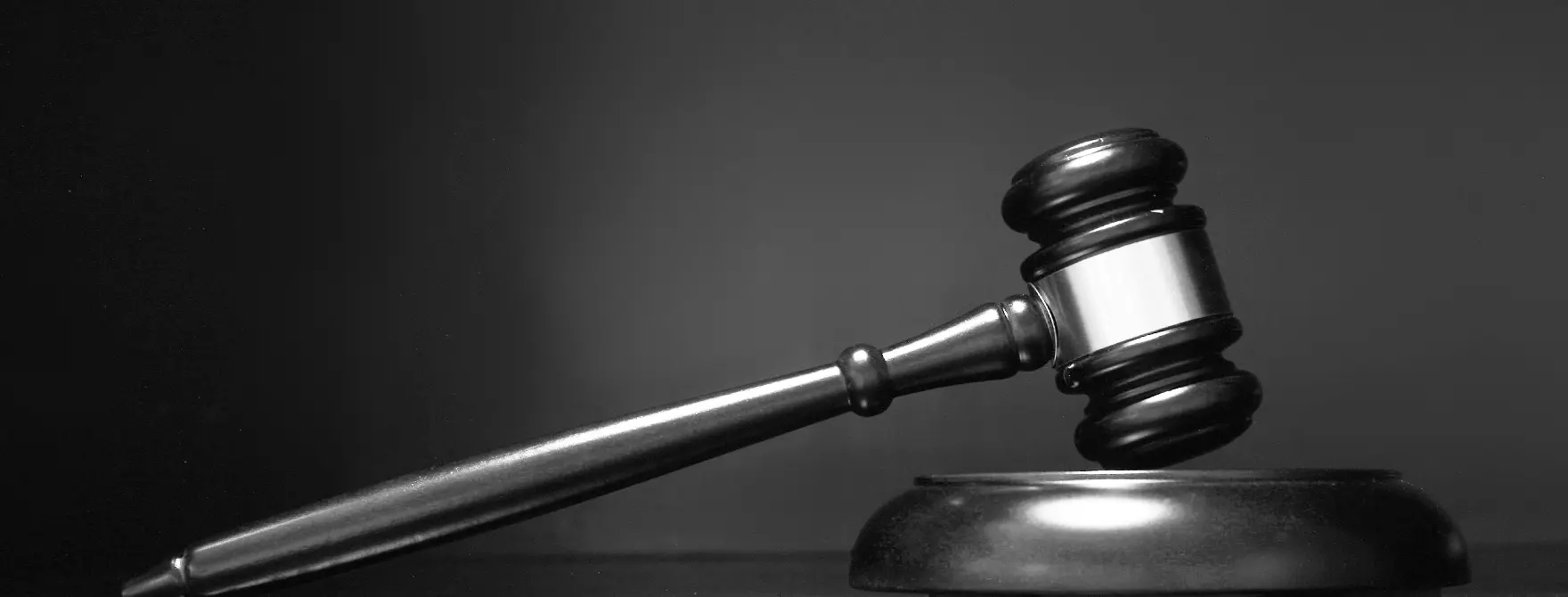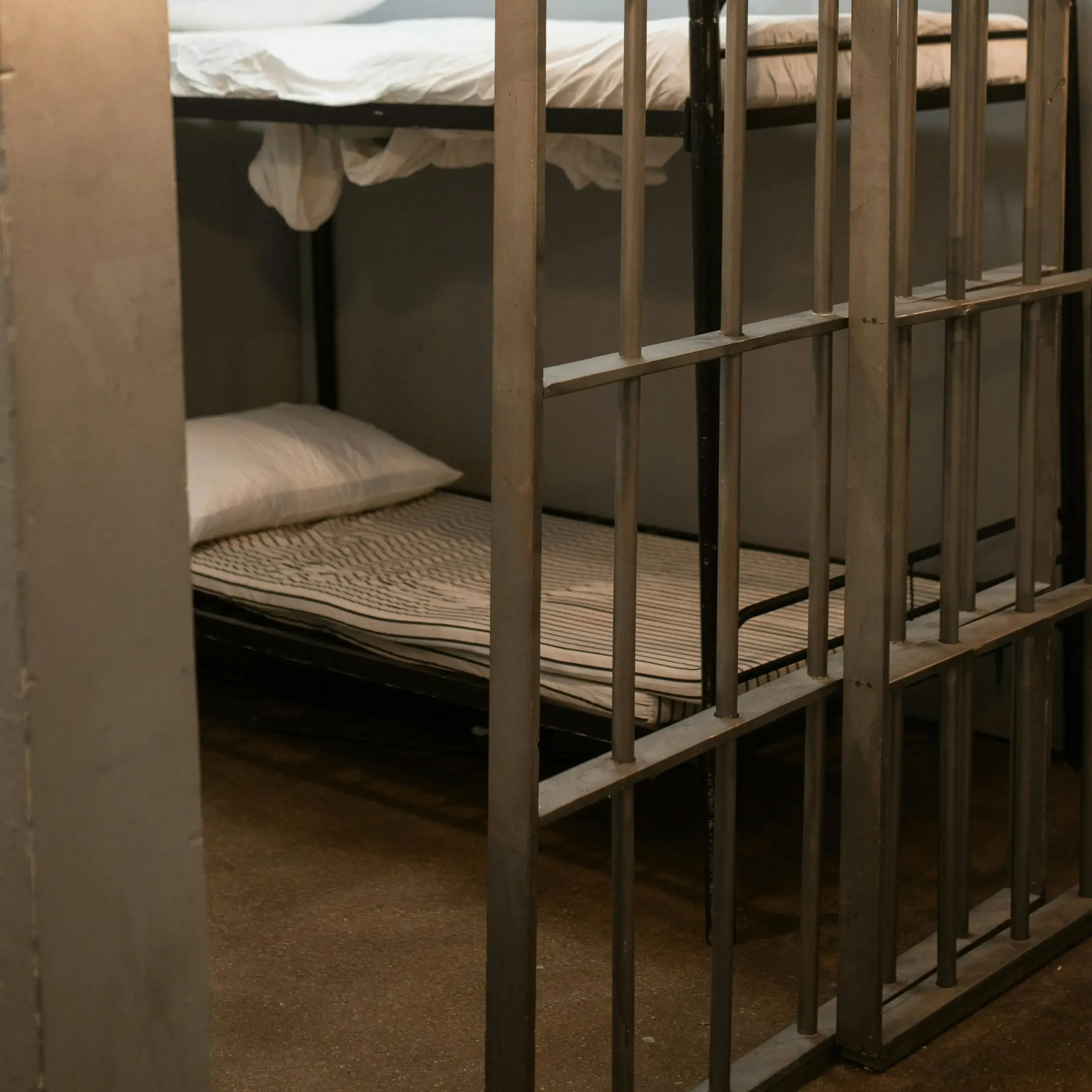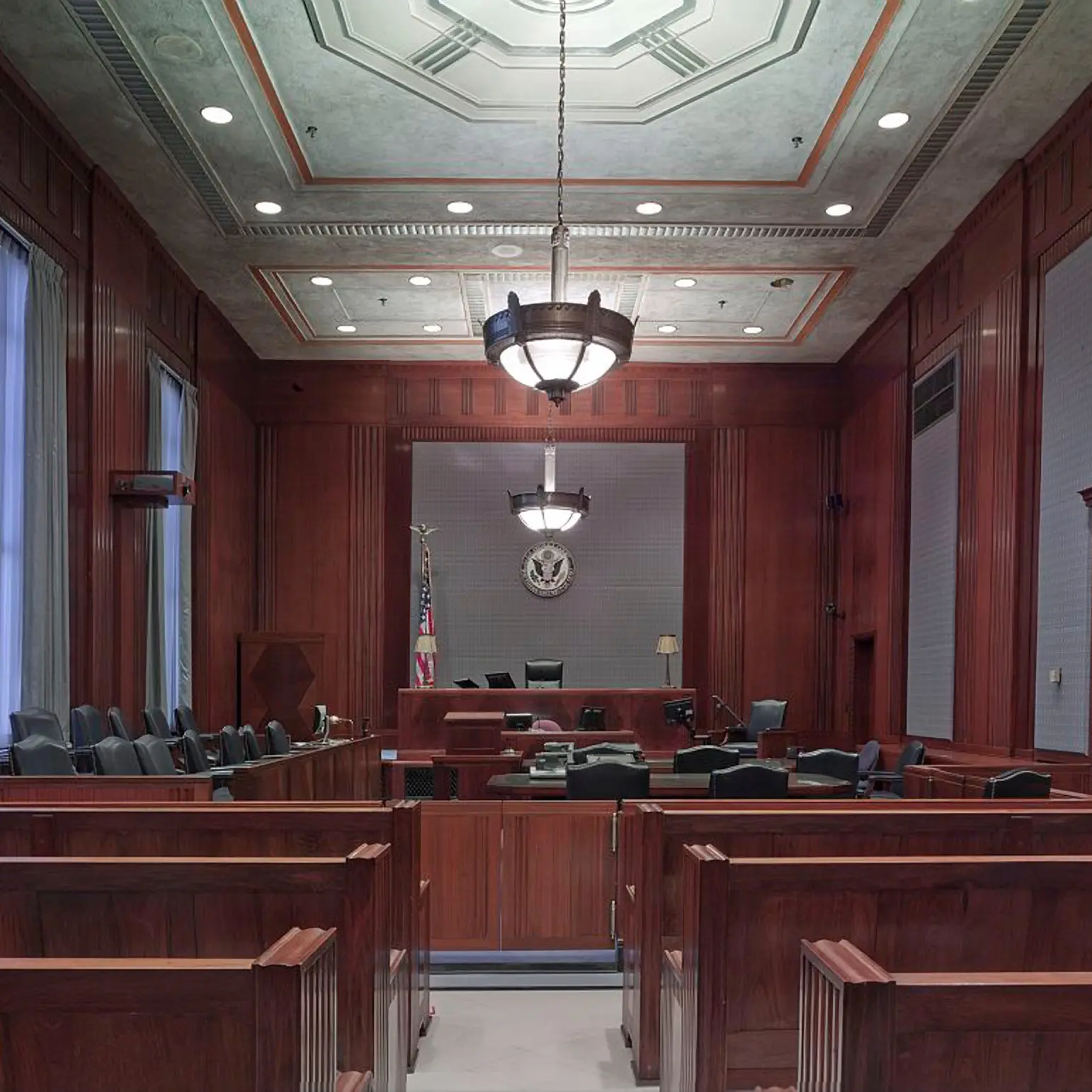
Probation and Parole: What’s the Difference?
Probation and parole may sound similar, but the differences can be important. As distinct criminal sentences, probation and parole play separate roles within Pennsylvania’s justice system.
The Basics: Instead of jail time or additional jail time?
Probation is a sentence imposed in place of jail time. It consists of carrying out a sentence in the community while under supervision. It is designed to help someone keep a job and continue contributing in the community. Probation is “instead of” jail, although violations of your probation guidelines can lead to incarceration.
Parole, by contrast, is a continuation of incarceration. It is a “tail” that goes on the end of the jail time and continues supervision. Generally, parole is more restrictive and carries penalties faster for violations than probation does, although that’s not always the case.
After the minimum number of years served in prison, defendants are usually eligible to serve the remainder of their sentence in the community while under supervision. Put simply, probation is a substitute for imprisonment whereas parole follows a minimum period of imprisonment.
Who is Eligible for Probation
The final determination of whether probation is granted ultimately lies with the Judge in your case. But sentencing guidelines and other factors can influence whether an offer is made for probation in a plea negotiation with your defense attorney.
Certain factors in Pennsylvania law weigh in favor of an order of probation. These factors strengthen a defendant’s case to receive probation rather than time in prison. Some of these factors include:
- If the “criminal conduct of the defendant neither caused nor threatened serious harm.”
- If “the defendant did not contemplate that his conduct would cause or threaten serious harm.”
- If “the criminal conduct of the defendant was the result of circumstances unlikely to recur.”
- If “the character and attitudes of the defendant indicate that he is unlikely to commit another crime.”
Who is eligible for probation is, therefore, largely determined by the type of crime and character of the defendant. For a complete list of factors considered when determining probation eligibility see 42 Pa.C.S. § 9722.
Conditions of Probation
Although probation may appear to be a get-out-of-jail-free card, probation sentences include specific conditions, or rules, that must be followed. The objective of the conditions and supervision is to “ensure or assist the defendant in leading a law-abiding life.” This is found in the Pennsylvania statute codified at 42 Pa.C.S. § 9754(b).
The law outlines fourteen conditions of probation that a court can impose. A full list of imposable conditions is listed in 42 Pa.C.S. § 9763. (Note, these conditions were previously listed under 42 Pa.C.S. § 9754(c) before Dec. 18, 2019.) The final condition functions as a “catch-all,” empowering the court to stipulate any condition it deems necessary to assist in rehabilitation. Beyond judges, the Supreme Court of Pennsylvania has ruled that probation officers may also impose conditions “in furtherance of the trial court’s conditions of probation” (Commonwealth v. Elliott, 616 Pa. 524, 50 A.3d 1284, 1292 (Pa. 2012)). Despite these exceptions, the conditions of probation are limited by law to a greater extent than are the conditions of parole.
To simplify:
- Factors based on the case and defendant that favor a charge of probation are considered, but the court has the final say in who received probation.
- The conditions, or rules, of probation are determined by the court and in limited cases by probation officers or the Pennsylvania Parole Board.
- These conditions are limited and regulated by clear and unambiguous statutes in addition to court precedent.
Violations of Probation:
Understanding who can impose conditions and what types of conditions can be imposed may seem superfluous. However, when determining if a defendant has violated a term of probation these facts are of utmost importance. Violations of probation involve either technical violations of a specific condition included in the probation order or committal of a new crime. A preponderance of evidence (or, more simply, a “more likely than not” standard) is required to prove a violation and justify revoking a probation sentence.


Who is Eligible for Parole:
Parole, as stated previously, is a continuation of a jail sentence which is served in the community. Parole is only possible after serving the minimum sentence. Typically, every defendant’s case is reviewed by the Parole Board four months before their minimum sentence is met or three months before they are eligible for re-parole. Factors that the Parole Board must consider when determining parole as listed in 61 Pa.C.S. § 6135 include:
- The nature and circumstances of the offense committed.
- Any recommendations made by the trial judge and prosecuting attorney.
- The general character and background of the inmate.
- Participation by an inmate sentenced after February 19, 1999, and who is serving a sentence for a crime of violence as defined in 42 Pa.C.S. § 9714(g) (relating to sentences for second and subsequent offenses) in a victim impact education program offered by the Department of Corrections.
- The written or personal statement of the testimony of the victim or the victim’s family submitted under § 6140 (relating to victim statements, testimony, and participation in hearing).
- The notes of testimony of the sentencing hearing, if any, together with such additional information regarding the nature and circumstances of the offense committed for which sentence was imposed as may be available.
- The conduct of the person while in prison and his/her physical, mental, and behavioral condition and history, his/her history of family violence, and his/her complete criminal record.
Sentences that are less than two years in length are not under the jurisdiction of the Parole Board; rather, the County Probation Office similarly handles these cases.
Conditions of Parole
If granted parole, it is critical to understand the conditions required by the court order. In Pennsylvania, there are no statutory limitations within the Sentencing Code regarding who may impose conditions, what types of conditions can be imposed, or at what point in the process the defendant is notified of the specific conditions (Commonwealth v. Koger, 276 A.3d 202). Due process requires that the defendant be made aware of the conditions, but whether the judge or the parole officer delivers notification is not mandated by law and can differ from case to case.
The conditions of parole, therefore, differ from the conditions of probation. When granting parole, the Parole Board is not limited by statute, and case law holds that there is greater latitude in the manner of informing paroles of the conditions.
Violations of Parole
Parole can be revoked due to a violation of conditions or the committal of a new crime. Committing a new crime while on parole automatically mandates reincarceration. A technical violation of a condition requires the parole to be reincarcerated or admitted to a program addressing the violative behavior. Technical violators are typically eligible for re-parole after six months of reincarceration or programming.
Conclusion: Call Cornerstone Law Firm today
Probation and parole processes, conditions and violation procedures are complicated and often confusing. These two different sentences involve two separate standards for conditions and violations. A wealth of statutory law and court precedent inform how these sentences work, contributing to an evolving body of law. If you are facing criminal charges it is important to receive knowledgeable legal counsel to help you understand the intricacies of either probation or parole. At Cornerstone Law Firm, we help individuals facing incarceration every day. Reach out to us today to see how we can help solve your problems.
